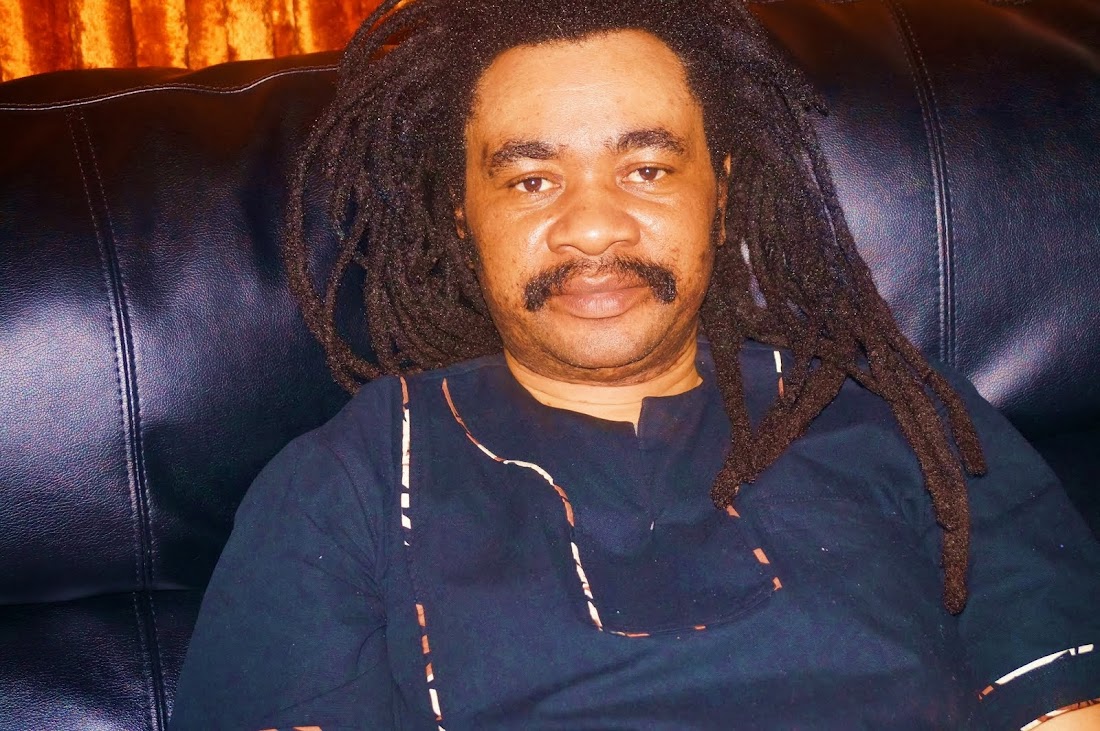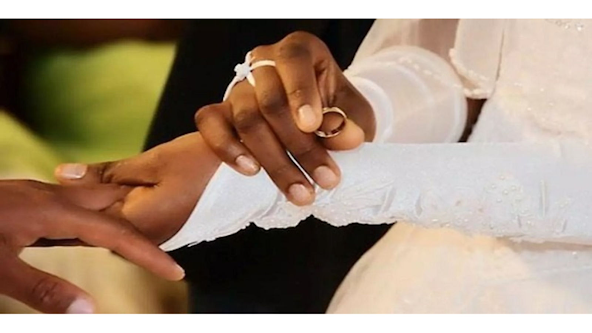We made a brief reference to this war in our presentation of last week, but due to lack of editorial space, we failed to complete the story, on the rather lame excuse that “it was already well documented elsewhere”. This was true, but obviously unsatisfactory; because this story occupies a ‘front seat’ position in the political history of our country, and presumably that of Uganda as well; since it was the first and only one, inter-State war to be fought in post-colonial Africa. We have therefore decided to give it ‘full coverage” in today’s presentation.
The said war commenced in October 1978, and was won by Tanzania on 10th April, 1979, when the Tanzania Peoples Defence Forces entered Kampala; and Uganda’s President Idi Amin fled into exile. Here is the full story.
The root cause of this war.
This was, basically, a war of revenge. President Nyerere was actually taking revenge on his bitter political enemy, Uganda President Iddi Amin, who had taken power through a military coup that illegally removed the constitutionally elected President Milton Obote from power. This illegal action alone, would have had hurt President Nyerere, irrespective of who did it, but in the instant case, it was Iddi Amin Dada who thus, ipso facto, became President Nyerere’s bitter political enemy.
But in addition, there were some other factors which contributed to promoting enmity between Nyerere and Iddi Amin. One was that the ousted President Obote was also President Nyerere’s personal friend and political comrade; whom he had not only given refuge in Dar es Salaam, but had also actually made some covert, unsuccessful attempts, to overthrow Idi Amin and return Obote to power.
On his side, Iddi Amin also repeatedly took certain overt actions, to show his enmity to Tanzania. In the first place, he treated Tanzania persons in Uganda as non grata. Thus, any Ugandan who was suspected of cooperating in any way with persons from Tanzania, was deemed a traitor, and would be condemned to death for that offence. In that connection, I vividly remember that this is what happened to my friend Frank Kalimuzo, who was Vice Chancellor of Makerere University at the time when I was the Vice Chancellor of the University of Dar es Salaam. But at the time of that occurrence, I had already been appointed Executive Secretary of Chama cha Mapinduzi, and lost contact with him. I am therefore unaware of the circumstances which led to his being accused of this offence. It could possibly have been his failure, or perhaps delay, in dismissing the Tanzania students at Makerere University.I came to learn later that he was, on one fateful day, taken away by Ugandan Security personnel, never to be seen again; hence presumed to have been killed.
Secondly, he precipitated provocative incursions into Tanzania, sending his Air Force planes to drop bombs on Mwanza Municipality in 1972. Fortunately, the bombs caused no substantial harm to the Mwanza residents; but they created immense harmful fear and despondency generally among the people there and elsewhere in Tanzania; forcing the government to take ok appropriate measures to protect the entire country from such military incursions.
His fatal incursion, and Nyerere’s declaration of war.
In October 1978, the Ugandan Army suddenly invaded, and occupied, a large part of Tanzanian Territory known as the Kagera Salient, situated in the present Kagera Region; whichwas followed by , Presidet Iddi Amin provocative announcement, that he had annexed that part of Tanzania to Uganda. And, in order to protect itself from counter attack by the Tanzania armed forces, the Ugandan invading army destroyed the only bridge across Kagera river, which connects the Kagera Salient with the rest of the country.
President Nyerere was, at the material time, on a working tour of Ruvuma Region in southern Tanzania. He immediately returned to Dar es Salaam to mobilize the Tanzania armed forces for the struggle to chase the enemy away from our Territory. At the appropriate moment, he called a meeting of the Da es Salaam Elders at the Diamond Jubilee Hall in Dar es Salaam, at which he solemnly declared war on Uganda.
He started by explaining, in the professional style of a classroom teacher that he was, all that had taken place relating to the country’s invasion by Iddi Amin’s military forces; at the end of which, he pronounced his war declaration edict, in the immortal Kiswahili words of: “Sababu ya kumpiga, tunayo; Nia ya kumpiga, tunayo, na Uwezo wa kumpiga, pia tunao. TUTAMPIGA”.
Fortunately, the country and the people of Tanzania had been psychologically prepared, because when Iddi Amin carried out his coup in January 1971; Nyerere convened a special extraordinary meeting of the TANU National Executive Committee, to deliberate on this matter. That meeting issued a major policy statement, titled “Mwongozo wa TANU wa 1971”; which listed a range of precautionary measures to be taken, that would make it difficult for such coup to take place in Tanzania. These included introducing a programme of military training for all able-bodied Tanzanians. This is what led to the establishment of the “Mgambo” paramilitary institution. Thus, when war was declared, the ‘Mgambo’ cadres were mobilized to join the war effort, and they played a very crucial role in that major conflict.
The execution of the war task, was slightly easier with regard to the first part of the war, namely, the liberation of the Kagera Salient, which was achieved in a relatively short period of time; facilitated by TPDF’s modern ‘long-range missile’ weapons; which they used very effectively against the invaders of the Ugandan army; for they were forced to retreat to their side of the border. This allowed the TPDF ground forces to restore the bridge on Kagera river, and to move the ground forces into that area, fully armed with adequate fire power. The original mission of ‘liberating’ the Kagera Salient, had thus been accomplished, and that objective had been achieved.
But then, the difficult circumstances that arose from that situation (of the two armies of Uganda and Tanzania, indefinitely facing each other in hostility) at the border, necessitated a search for a more viable solution to be undertaken. And it was the TPDF commanders who came up with a workable option; which was that they should “be allowed to carry the war right into Uganda, in order to go and get rid of the unpredictable Iddi Amin, so as to ensure lasting peace for Tanzanians”.
They therefore sent a formal request to President Nyerere, their Commander-in-Chief, to allow them to do so.
President Nyerere’s dilemma.
In making his decision on that request, President Nyerere found himself in a dilemma. Being himself a committed Pan-Africanist, he did not relish the prospect of being accused of actively and overtly interfering in the internal affairs of another African country, to the extent of removing its top leader from power.
To borrow the Biblical language, “his spirit was indeed willing” (to exercise revenge on his political enemy by getting rid of him); but his body was weak”; in the sense that he was constrained by the fear stated above, of being condemned by his peers for having so interfered in the internal affairs of another African country.
According to him, he agonized over this matter for the most part of the relevant week, until he unwillingly surrendered to the option of not accepting the request from the TPDF commanders. He revealed his ‘burden’ to me, when I had gone to his Msasani office in my capacity as CCM Executive Secretary, to consult him on some other party matter. After that business was done and completed, and before I left his office, he took that opportunity to narrate to me what had happened. That is when he revealed what had happened, namely that on the previous Saturday, he had decided to inform the TPDF commanders that he was unable to accede to their request. But that he could not deliver this unpalatable message to them himself, for he wouldn’t want to witness the inevitable disappointment of his armed forces. So he decided instead, to send his Vice President Aboud Jumbe, to deliver that disappointing message.
But still, that decision continued troubling him. Hence, when he went to church the next Sunday morning, he fervently prayed to seek God’s divine guidance, regarding whether he had, in fact, made the right decision. That is when he received the inspiration, that he should have allowed the request by his commanders. This confirmed what was his own wish and desire to do so. Hence, after that Holy Mas, he drove back to his residence fully charged with enthusiasm; which made him decide to go and deliver the positive massage himself.
Accordingly, the necessary arrangements were quickly made for his travel to the Mutukula border with Uganda, (where the commanders were stationed), to happily deliver the good news.
But this was the beginning of the more difficult second part of the said war; for it involved the need to overcome certain obvious risks; such as accusations of breaching the relevant international laws that govern international State relationships; and the inevitable condemnations associated therewith. This is actually what explains President Nyerere’s agony in arriving at the decision referred to above; which he now confidently made, after God’s guidance.
The waging of the war inside Uganda.
As is the case in practically all wars, the ‘Kagera war’ was, similarly, a very difficult war, for it caused the death of many people, and injuries to many others, on both sides of the conflict.
While President Nyerere mobilized the Ugandan anti-Amin forces that were covertly fighting to remove him from power; the Uganda President Iddi Amin, requested his close ally, President Gaddafi of Libya; and his other ally, the Palestine Liberation Organization (PLO), to give him military support, which they both agreed to do; and sent battalion of guerilla fighters to Uganda to add strength to Iddi Amin’s army.
But despite that, the Tanzania Defence Forces fighters, who included thousands of trained ‘Mgambo’ cadres, made surprisingly rapid progress, on their mission to Kampala. They managed to defeat a strong combined force of the Uganda Army and the PLO guerilla fighters, at one major battle that was fought at Lukaya.
The loss of Lukaya, greatly weakened the morale of the Ugandan army, and its supporting Arab fighters. But they soldiered on, until a TPDF regiment ambushed and destroyed a convoy of Libyan soldiers that was travelling on the Kampala – Entebbe road.
Soon after that, Libya ended its intervention in this war, and its troops left Uganda. This was in early April, 1979. But the struggle continued, until on 10th April, 1979, the TPDF gallant fighters entered and conquered Kampala, and President Iddi Amin fled into exile. He had effectively been removed from power, and the Presidency of Uganda was now vacant . In the meantime, President Nyerere had sponsored a conference of all the different groups that were fighting to remove Iddi Amin from power. That conference, held at Moshi, resolved to establish the “Uganda National Liberation Front” (UNFL); which proceeded to form an interim government to take care of that country’s affairs, pending the completion of the arrangements for the election of the country’ leaders; which followed later. piomsekwa@gmail.com /0754767576.
Source: Cde Pius Msekwa and the Daily News today.









